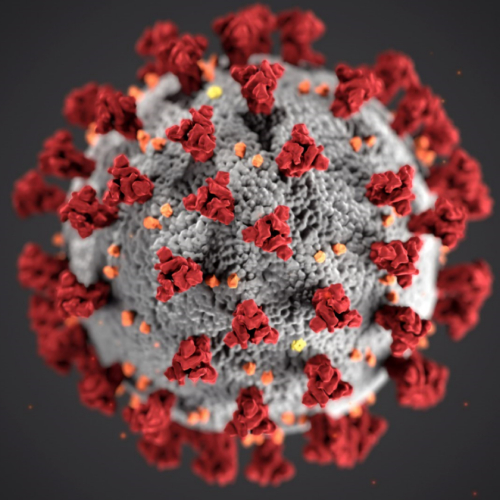
Covid-19: signposting and guidance
Due to further announcements made by the Government since publishing, this information is now no longer up-to-date. Visit our dedicated COVID-19 webpage for guidance and advice for voluntary organisations and individuals who would like to volunteer.
On 11th March 2020 COVID-19 was officially described as a pandemic by the World Health Organisation (WHO) and was a key element of the Government’s Budget which outlined the steps being taken to support frontline NHS organisations as well as the business sector in response to the infection in the UK.
As the WHO asks all countries to ‘activate and scale-up emergency response mechanisms’, here are some simple steps we can take to help minimise the risk of our staff, volunteers and clients catching and spreading COVID-19.
What your organisation can do
- Put practical measures in place to help reduce the risk of spreading the virus such as providing anti-bacterial hand-wash, and highly visible signs reminding staff to wash hands and disinfect work areas.
- Share information with your staff and volunteers on how to reduce the risk of the infection: have a look at our COVID-19 Workplace Guidance which you can adapt for your organisation. Have a look too at our information tailored for Community Buildings and Community Transport Schemes.
- Set an agreed meeting etiquette, for example avoid handshakes, in an effort to lower the risk of infection.
- Write a contingency plan: how would your organisation operate if your staff or volunteers are unable to provide your usual services due to office closure or illness? For ideas on what to include, have a look at Zurich’s Guidance on Pandemic Planning.
- Be aware of your staff’s travelling commitments – work or holiday – to specified countries or areas affected by COVID-19 (Category 1 and 2) and check they are aware of any actions they may need to take.
What each of us can do
Public Health England advises us to follow the same advice given to avoid colds or flu. These include:
- Cover your mouth and nose with a tissue or your sleeve (not your hands) when you cough or sneeze. See Catch it, Bin it, Kill it.
- Put used tissues in the bin straight away.
- Wash your hands with soap and water often – use hand sanitiser gel if soap and water are not available. See hand washing guidance– and if you don’t fancy singing Happy Birthday while washing your hands, look for inspiration for other songs here.
- Try to avoid close contact with people who are unwell.
- Clean and disinfect frequently touched objects and surfaces regularly e.g. keyboards, phones and laptops.
- Do not touch your eyes, nose or mouth if your hands are not clean.
How to support our service users
- Get up to date with Public Health England’s latest advice for social or community care environments, including guidance on face masks and what to do if an employee becomes unwell – read more here.
- Follow NCVO, which is working alongside the NHS and the Health and Wellbeing Alliance on how to support the most vulnerable in our communities, to keep updated with the latest developments.
What to expect next?
Government guidelines are changing hourly and restrictions are likely. If you have the capability, staff and volunteers may be able to work from home. There are some interesting tips on working from home for charity workers here.
While information is continuing to change, it is important to keep your staff and volunteers informed. Keep an eye on our news page which we will update with any new information.
Advice is changing everyday. To keep up-to-date with the latest developments, see NCVO’s list of useful websites below:
Key up-to-date information from the government
Sector-specific guidance
- UK: Guidance for social or community care and residential settings on COVID-19
- UK: COVID-19 guidance for educational settings
- NHS England: Coronavirus information for health professionals
Risk management
- UK: Guidance on charities and risk management
- Zurich: Organisational resilience guidance on pandemic planning
- Charities Facilities Management Group: Business continuity for charities
Travel advice
- UK: COVID-19 travel advice
- UK: COVID-19 specified countries and areas with implications for returning travellers or visitors arriving in the UK
For Buckinghamshire specific advice
- For businesses: Bucks Business First
- Buckinghamshire: Buckinghamshire County Council

